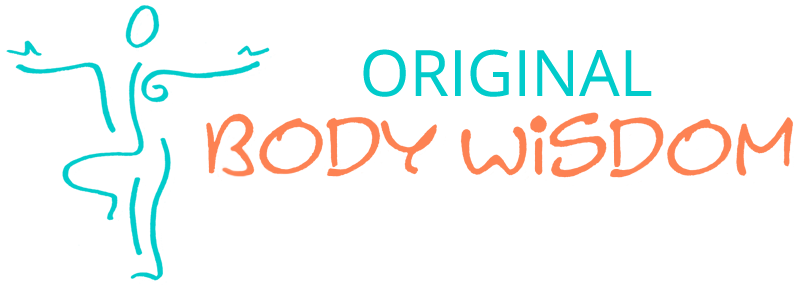Creating a good life after a child dies is not easy. In 2020, I lost my adult son. His death has been, without a doubt, the most devastating loss of my life. I wanted to beat the odds and create a good life after my child died.
I was told about all the statistics that predict my life. Apparently, if you lose a child, even an adult child, you are at elevated risk for heart disease, cancer, alcohol and drug abuse, depression and divorce. Wow.
But, I want to talk about something else. I want to talk about how you can create a good life after this unspeakable tragedy. Even if doing so goes against the statistics and beats the odds..
Creating a good life after a child dies may not be natural.
When my son died I wanted to die with him.. The loss is so great. Yet, I survived. I woke up each day and lived another day.
While still living, I started noticing that the flowers people sent brought me some beauty. I felt grateful for that. I noticed I wanted to plant flowers of my own and to take walks in nature. My appetite for food came back, especially if someone cooked for me.
I began to see these simple activities as affirmation of my own life. I realized despite all the rawness and pain my body wanted the nourishments of beauty, comfort, and touch. Even if my mind wanted to die, my soma, my unthinking lived experience, wanted to continue. His death became a rite of passage for me.
Death is a Rite of Passage for the Living
Rites of passage are mysterious. Adolescence is a rite we can all relate to. Think about the first time you experienced a change in your body moving out of childhood. Did you have trepidation? Most likely. You didn’t know who you would be after the hormonal changes and maybe it took many years to feel like you knew yourself again. I think integrating death is like that. We are on completely new ground.
But it is hard to accept this new ground. We want normal. I suspect a good part of the bleakness seen in the statistics is the drive for a return to normal. We want life to be what it was before this horrible death. But really, there is no return.

I am a different person and will continue to grow in ways I couldn’t imagine. But already, I have grown in compassion and the ability to be present with pain.
Normal Demands often don’t stop
I liked that covid restrictions coincided with my son’s death. I was glad the world stopped because I felt everything should stop. I physically could not live life as usual and frankly, I felt like no one else should be able to either.
As lockdown began to end, I could see that the usual demands of life make the shifting into new ground both easier and harder. Normal demands give you an anchor. There is a grounding with continuity and familiarity. But demands can also be draining.
I think after the death of a child, particularly a sudden death, our minds and bodies are working to make sense of it on a subconscious and visceral level. There is no intellectual way of it making sense. We are trying to find new equilibrium and we need space but we also need the comfort of the familiar. Mostly, we need the time to feel and be in this radically new terrain.
Creating a good life after a child dies means feeling emotions without them taking us over.
I notice when I carve out time to be spontaneous and meandering my worries and fears can relax. My mind releases it’s grip on my body and the natural emotions of grief and loss can surface. While it is hard to feel difficult feelings, having them halts my tendency to become depressed.
Being with emotions of despair, anger, guilt, sadness or the immensity of love felt for the deceased come and go like weather fronts . The movement and change of my emotions help me to feel alive and I am grateful for that. The movement of feelings themselves seem to halt depression. See the video below for help with this!
Depression is not an emotion – it is a state
We think it is natural to be depressed when we grieve and have loss. I think sadness and agony are natural but depression is not. It is stagnant. It doesn’t move or change.
For myself, depression happens when I am overwhelmed, when I ruminate or when I can’t access the emotions I need to feel. I think at those times we have to find out what liberates energy in our bodies. Is it talking with someone? Going for a run? Is it coaching yourself to let go of repetitive thoughts? Do you need to sleep? What places, people or thoughts stimulate life in you?
Can the death of a child bring meaning into our lives?
Honestly, I am not sure. A child dying before a parent is completely devastating and unfair. But there is a beauty in this fragility of life; death often has us invoke what is powerfully beautiful. That beauty seems to calm my mind and afirm my own body’s desire for life.
We are all in this together. If you are on this journey of dealing with death or other deep loss feel free to contact me through this website. I can help me stay in your experience in a gentle way that lets you feel goodness in life after intense tragedy. I offer a free 15 minute 5 point whole body -mind assessment so we can see if we would work well together. I also offer ongoing programs for learning how to navigate grief with an open heart.

